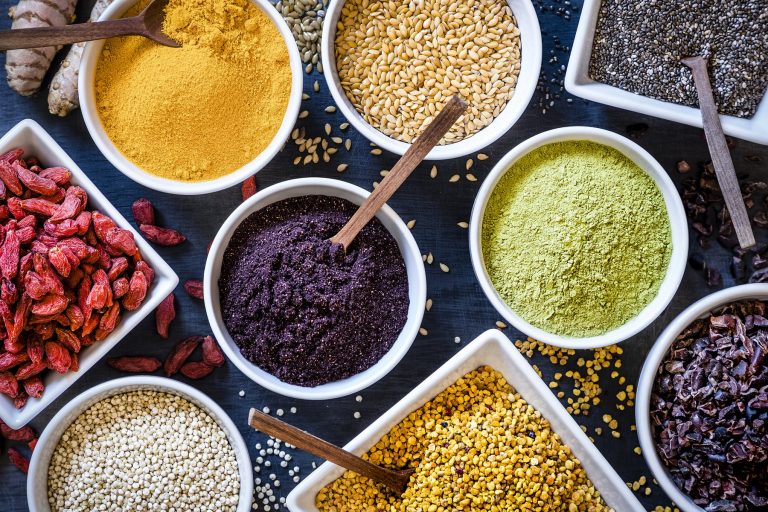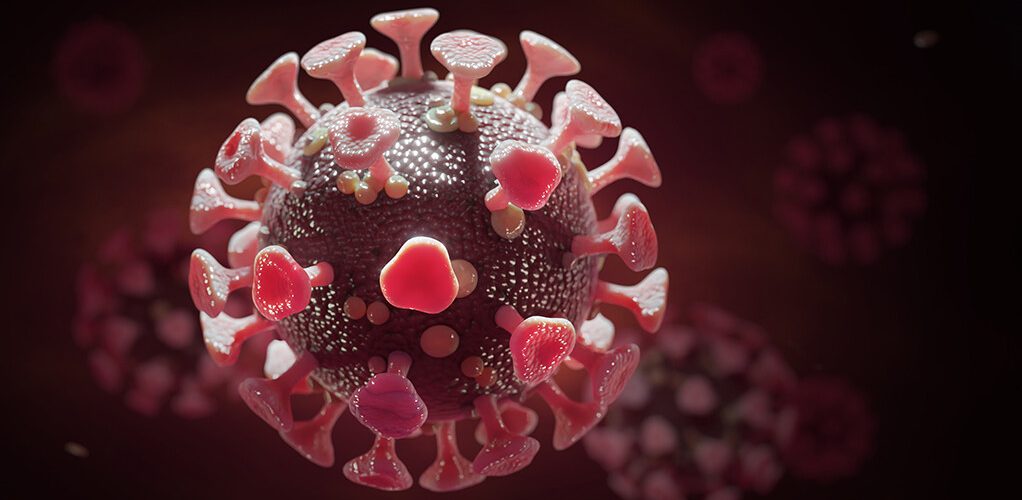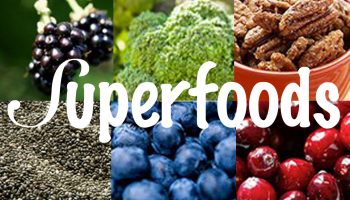Superfoods are a MYTH
I think it’s time we had a talk about some of those “superfoods” everyone is always going on and on about. You know, the ones that supposedly provide immune-boosting properties. I’m here to tell you, most of them are complete bunk. Sorry to be so blunt but it’s the truth. Let me take a few moments to explain. First, the entire concept of “superfoods” is based on an ancient idea that certain plants and/or foods are more nutritious (in some vague sense) than others. It’s an idea that has been popularized in recent years by certain New Age gurus who sell books and seminars with titles like The Superfoods Diet and The Superfoods Way To Total Health. These books and seminars are often written by proponents of “alternative medicine” and are sometimes endorsed by well-intentioned but overly enthusiastic doctors.
The idea behind all this is that by eating the “right” kinds of plants and/or foods you can supposedly improve your health and ward off disease. Unfortunately, there’s not a shred of scientific evidence to support this hypothesis. In fact, there are many good reasons to believe it might be exactly the opposite: That eating certain superfoods might, in fact, diminish your immune system’s ability to fight disease. Here are just seven of those reasons:

Many of these foods are extremely high in natural sugars.
Sugars, by the way, are an important part of your body’s defense against disease. However, too much sugar (even if it is natural) can actually weaken your immune system. It does this by feeding certain unhealthy microorganisms (virus and bacteria) that live in your gut. These microorganisms are very real and they are important parts of your immune system. The problem is, when your body is flooded with too much sugar, these little guys get a free ride and don’t get called into action very often which means they aren’t as effective at fending off infection. Too much sugar also leads to higher levels of “glycated” proteins in your bloodstream. High levels of these proteins have been shown to be toxic to your immune cells. In fact, they may be just as toxic (or even more so) than the disease causing organism itself. In other words, eating too many sugary foods can actually make you more vulnerable to disease.

Many of these foods are extremely high in natural toxins.
As I write this, a search on the Internet reveals there are more than 4,500 entries for “superfoods” and “toxins.” There are a lot of scare tactics used to sell people on the idea that certain plants and/or foods are “toxic” but, in truth, most of them aren’t. However, some are. And, as I explained earlier, too much sugar and other junk in your diet can lead to higher levels of toxins being absorbed by your gut. This, in turn, has an adverse effect on your immune system. Too much toxin in your body can directly impair your ability to fight off disease.
Many of these foods are extremely high in natural anti-nutrients.

These are compounds that work against each other when you combine them in a nutrient solution. They reduce the availability of other nutrients and, often, make them less effective. One such “compound” is lectin. Lectins are found almost everywhere in nature but, they are especially common in certain plants. The reason is simple: It’s very difficult to eat a plant and survive if it keeps trying to chemically castrate you with its lectins. But, not all lectins are bad. Some actually have positive effects on your health. The problem is, your body doesn’t know the difference so, it simply eliminates them along with the good ones. That’s why I suggest you avoid eating fruits and vegetables that are grown in soil that has been contaminated with manure or other waste products. Soil contamination leads to higher levels of toxic lectins.
Many of these foods are extremely high in natural chemicals that prevent mineral absorption.
Minerals are an important part of your immune system. They help your white blood cells move to an area of infection and gobble up the virus or bacteria. However, most people don’t get enough minerals. And, when they do get enough, they usually absorb only a fraction of it. That’s because most food is chemically “compacted” and this makes it difficult for your body to absorb anything. You see, your digestive tract is like a garden hose: It is very difficult to make it work efficiently if there is a lot of chemical “resistance” in the food you are trying to flush through your system.
Many of these foods are extremely high in natural chemicals that prevent vitamin absorption. This is another example of your body trying to protect you from something it doesn’t want in your system. Superfoods are pretty much a myth in itself. Typical and traditinal advise of a well-balanced diet still stands today.



